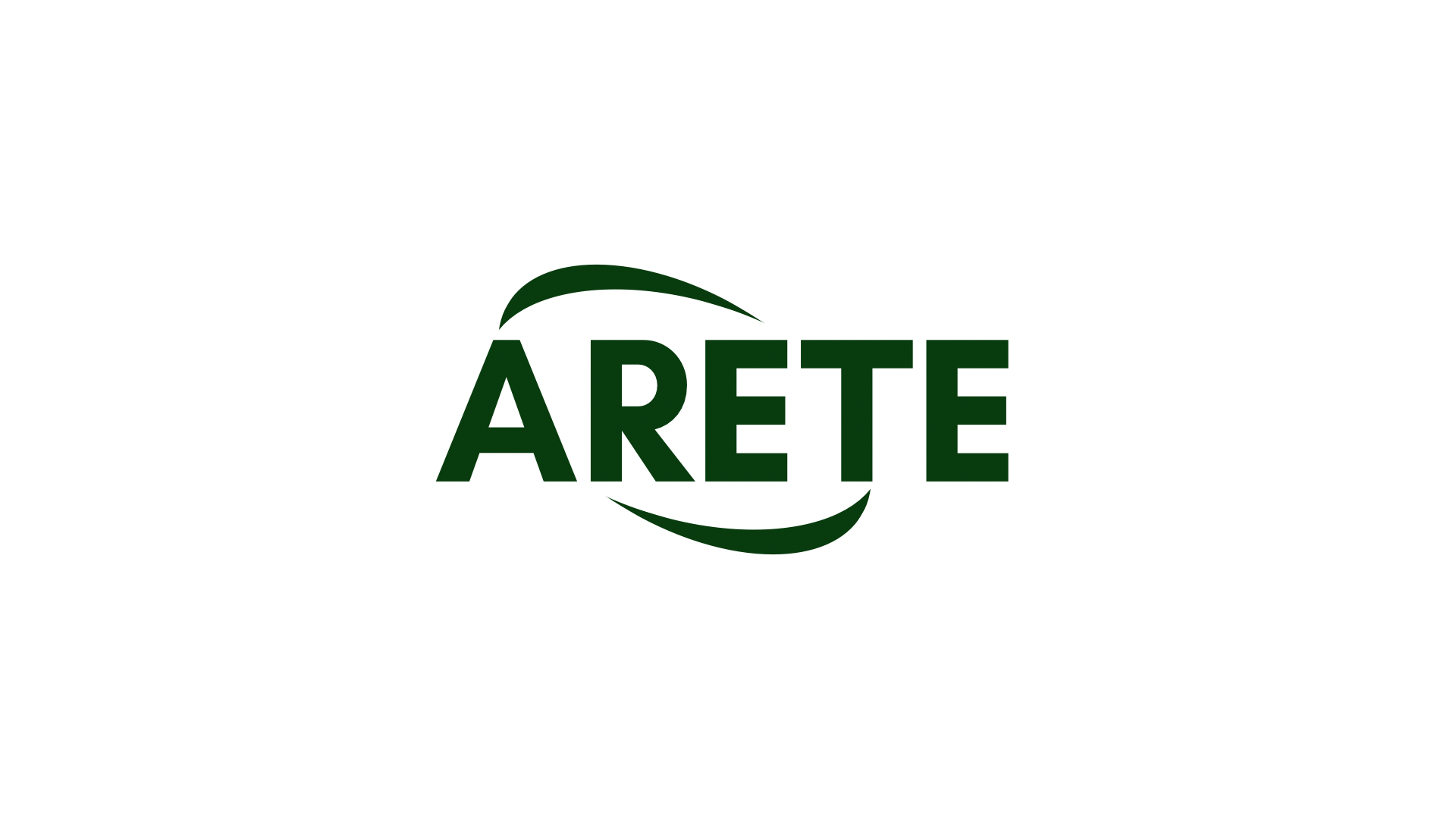The Impact of AI on Blockchain Governance and Security
Integrating artificial intelligence (AI) into blockchain governance and security has become a key aspect of the emerging distributed and decentralized ledger technology. As blockchain continues to advance and gain widespread adoption, AI algorithms play a key role in ensuring the integrity, efficiency, and scalability of these systems.
Report: The Role of AI
In blockchain governance, AI algorithms are used for various purposes, such as:
- Smart Contract Optimization: AI algorithms can analyze smart contracts and optimize their performance, reducing the computing power required to execute complex transactions.
- Predictive Analytics

: AI-powered predictive analytics tools help identify potential security threats and enable blockchain developers to implement robust defense mechanisms.
- Risk Assessment: AI-based risk assessment tools assess the likelihood of a security breach and alert stakeholders to take necessary preventative measures.
Security: The Impact of AI on Blockchain
AI algorithms also have a significant impact on blockchain security:
- Machine Learning-Based Threat Detection: AI-powered threat detection systems can identify potential security threats in real-time, allowing for quick action to be taken to mitigate risks.
- Anomaly Detection: AI-powered anomaly detection tools identify unusual patterns or behavior that may indicate a security breach.
- Cryptographic Key Management: AI algorithms can optimize cryptographic key management systems, ensuring the secure distribution and use of encryption keys.
Benefits of Integration
Integrating AI into blockchain governance and security offers a number of benefits:
- Increased Efficiency: AI-powered automation enables faster and more efficient decision-making processes.
- Improved Security: AI-powered threat detection and anomaly analysis improve overall security.
- Improved Transparency: AI algorithms provide insights into smart contract behavior and foster trust among stakeholders.
Challenges and Limitations
Despite the benefits, there are challenges and limitations associated with integrating AI into blockchain governance and security:
- Data Quality Issues
: The quality of data required for AI-powered systems can be challenging.
- Regulatory Frameworks: Regulatory frameworks governing the use of AI in blockchain governance and security are still evolving.
- Scalability Issues: Scalability of AI algorithms can pose significant challenges, especially when dealing with high-traffic networks.
Conclusion
Integrating AI into blockchain governance and security is a critical aspect of emerging distributed and decentralized ledger technology. By leveraging AI algorithms for predictive analytics, risk assessment, and threat detection, blockchain developers can improve the overall security posture of their systems while ensuring greater efficiency and transparency. As the use of AI continues to grow, it is essential that regulatory frameworks be developed to address the challenges and limitations associated with its integration.
Recommendations
- Implement regulatory frameworks: Governments should introduce clear regulations governing the use of AI in blockchain governance and security.
- Invest in R&D: Blockchain developers and researchers should invest in ongoing R&D of AI algorithms to address scalability issues and improve data quality.
- Develop standardization: Standardizing AI algorithms for blockchain governance and security can facilitate interoperability between different platforms and systems.

